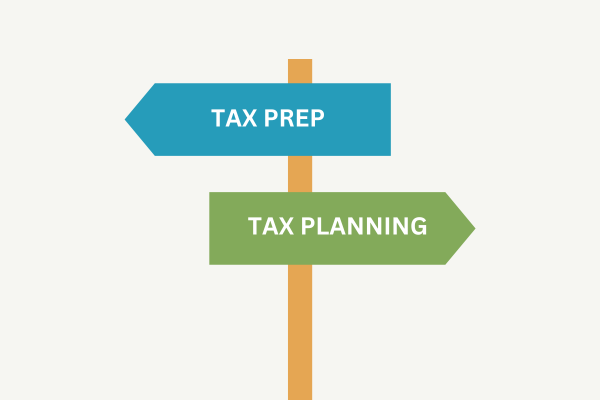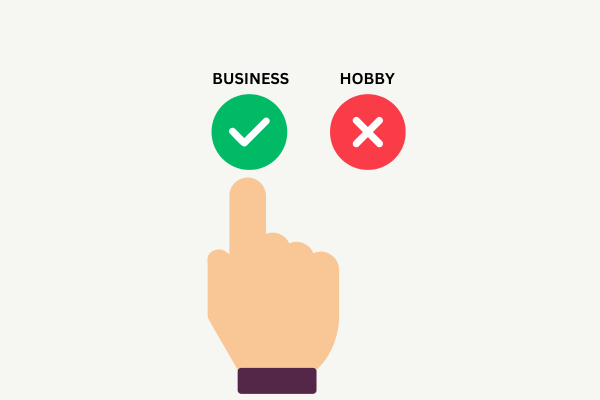
Accounting for small businesses can feel overwhelming, but with the right help, it doesn’t have to be. A certified public accounting (CPA) team can play a critical role in helping startups and small businesses through the dreaded tax season and beyond, making day-to-day operations smoother. If you’re a small business owner, take the time to understand how a CPA team can benefit a company like yours.
💡 Accounting for Small Businesses: The Benefits of Using a CPA Accounting Team
Accounting Can Be Time-consuming
Some of the most time-consuming tasks for a business owner can be your accounting responsibilities, especially if you don’t have experience in the field. If you aren’t comfortable handling the aspects of your company’s accounting, consider outsourcing to a CPA team. They can provide expert services in small business bookkeeping, tax planning, data management, and more. They can even take on chief financial officer (CFO) duties, which is a position in the company that you may not currently have filled. Instead of going it alone, why not let a team of professionals lighten your load?
Keeping Up-to-date on Accounting Trends
An integrated CPA team will keep your company up to date on new accounting trends and policies and will take the time to find solutions and tools to make your financials easy to manage.
Establish a Proactive Tax Strategy
You would be smart to establish tax strategies early—something that a CPA team can help you with—in order to get the most out of your profits. Although hiring a CPA team will initially cost more than doing it yourself or keeping an in-house accountant, you’re going to benefit in the long run in terms of money saved thanks to their expert advice.
Let’s Talk About Tax Deductions
What are Tax Deductions?
Tax deductions are expenses that you can claim against your tax payments in order to reduce the amount you pay.
As a small business, there are certain tax deductions that you might benefit from even if you don’t know it yet. Here are a few examples:
- 📌 Work-Related Travel Expenses: Any travel you might do for work—whether it’s a train ticket, gas for your car, or a hotel stay—could be deductible. The trip itself must be necessary for business, take you away from your home, and be longer than a working day.
- 📌 Home Office Expenses: If your small business operates from a home office, expenses like office supplies, equipment, and even a portion of your rent or mortgage may be deductible. You can even claim $5 per square foot of space used by your office.
A CPA team can walk you through all the deductions you might be able to claim and ensure that you’re saving as much money as possible.
💡 Getting Audited
Audits Happen
Audits happen regularly, and it’s mandatory to comply with the IRS when they decide to audit you. The main reasons for an audit include ensuring your financial statements as a business are accurate and free from errors that might otherwise point to suspicious activity.
The Pain of Audit Compliance for Small Businesses
An audit can be a real pain, requiring you to pull information from all your accounts and source any information that auditors might request. That means you’re at their beck and call, which can be a serious disadvantage when trying to handle accounting for small businesses.
Minimizing Your Risk of Being Audited
Audits can be avoided by following the advice of a CPA team. It’s less likely that you’ll be audited if your financials are handled by a professional. Although it’s not guaranteed that you won’t be audited if you hire a CPA team, they can take preventative measures to make the auditing process as smooth as possible.
💡Strategizing & Planning With A CPA Team
A CPA Team Will Help You Understand the Financial Effects of Business Decisions
Whenever you make a business decision, there will always be financial implications—good or bad. A CPA team will be able to help guide you to make the right choices and avoid the wrong ones. They can help you understand what your money is best used for and how you can increase your profits.
For example, if you want to hire a new staff member or invest in training, your CPA team can advise you on what’s best for your budget.
With a CPA team, you can easily look at the bigger picture and create a detailed strategy for the future of your company. They can help you explore the opportunities you have as a small business and how to leverage your resources to grow. Together with your CPA team, you can make the right decisions to ensure your business is on a positive financial route.
Take Advantage of Your CPA Team
When it comes to your accounts, take advantage of what an integrated CPA team can offer. Weigh the pros and cons of outsourcing your accounting duties, and consider how a whole team can make accounting for small businesses a breeze.
Feel like you’re juggling too many numbers?
? Let’s make it easier. Contact us at Insogna CPA, and we’ll show you how we can take the weight off your shoulders. Whether it’s tax season or day-to-day operations, we’re here to help your startup or small business thrive in 2024 and beyond. Let’s chat and get your financials in tip-top shape!Top of Form






